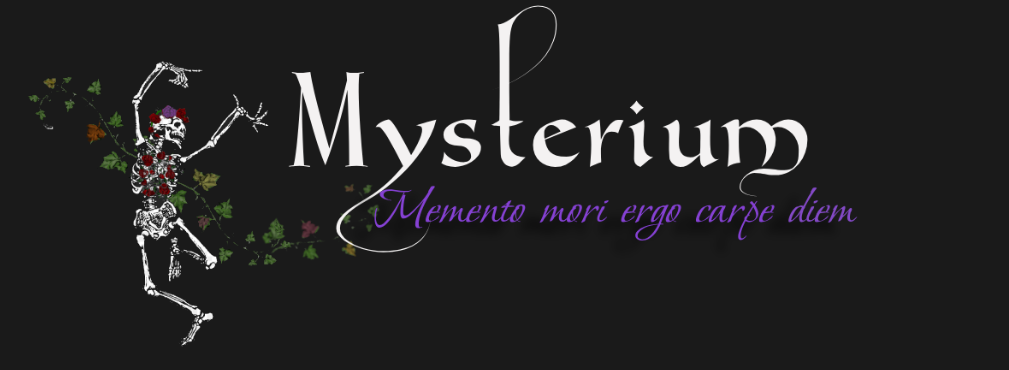The Great Fairy Science (from “The Water Babies” by Charles Kingsley)
Although Charles Kingley’s 1863 children’s novel has fallen from favor, his image of the Great Fairy Science – “who is likely to be queen of all the fairies for many a year to come” – might serve as an icon for certain nontheistic practices of magick. It’s a fun coincidence that the word “steam”, proudly … Read moreThe Great Fairy Science (from “The Water Babies” by Charles Kingsley)
